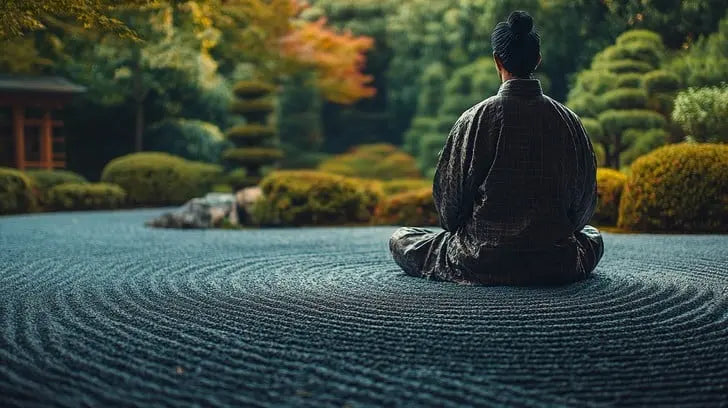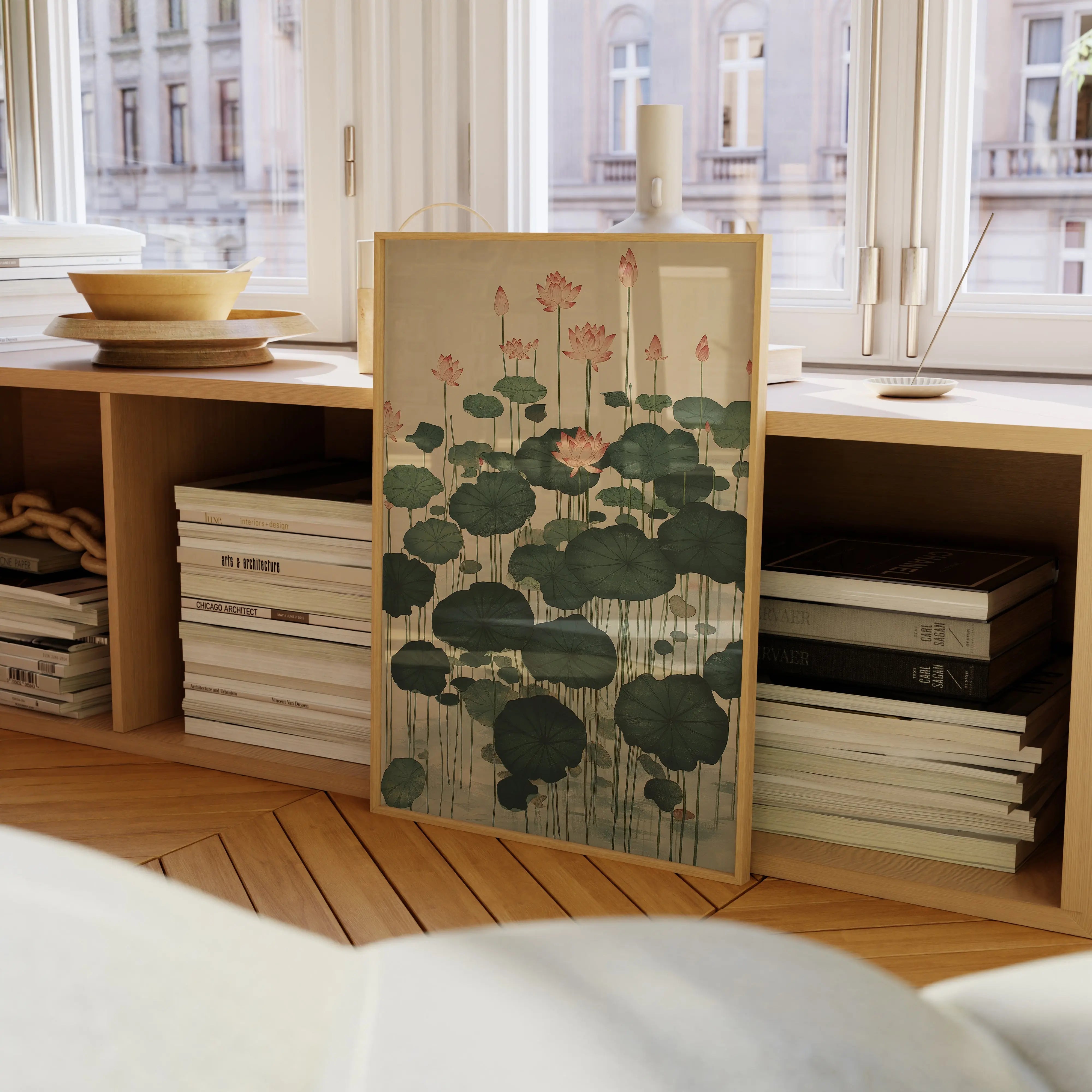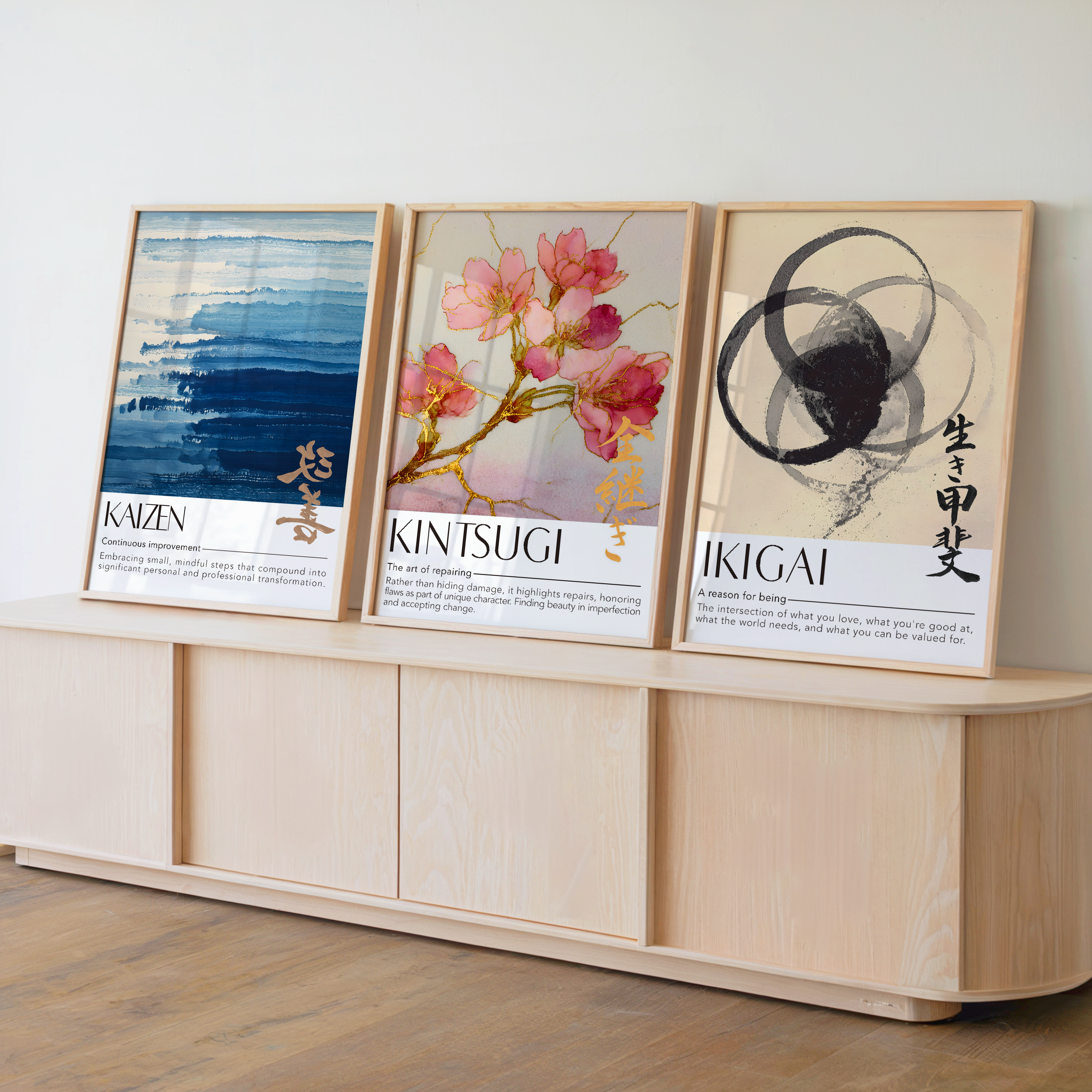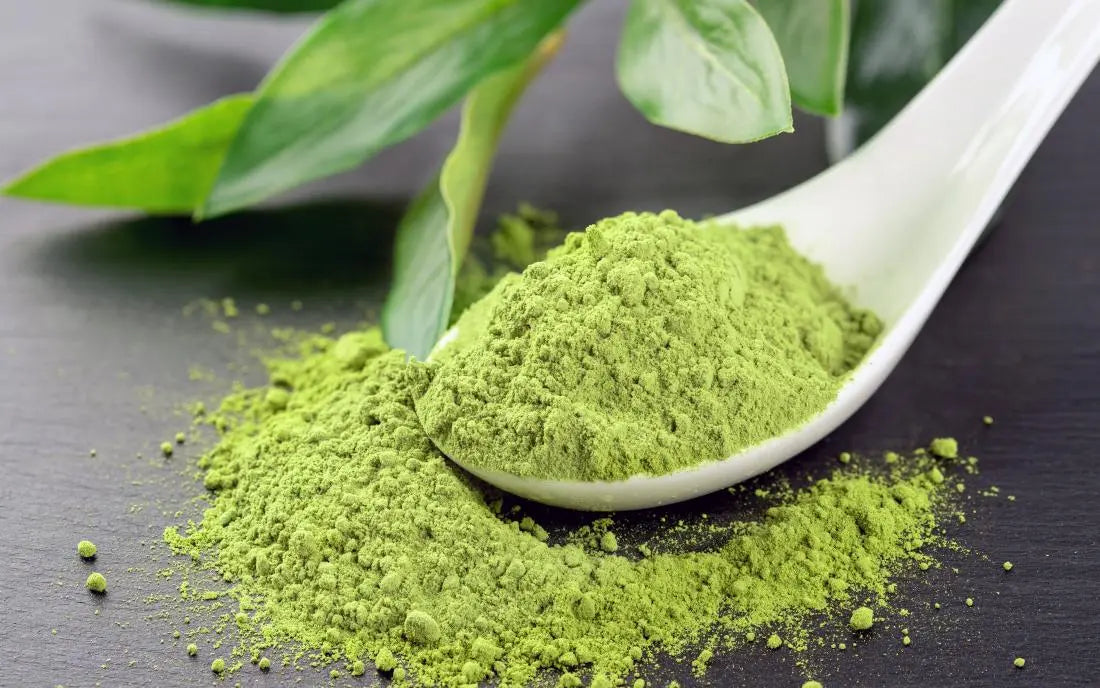
The Serenity of Japanese Culture: A Path to Spiritual Calmness
In a world filled with constant noise and distractions, the allure of Japanese culture lies in its profound ability to cultivate spiritual calmness. Rooted in centuries-old traditions, Japanese practices and philosophies offer a harmonious balance between the external world and the inner self. Here, we explore the elements of Japanese culture that inspire tranquility and mindfulness.
The Philosophy of Wabi-Sabi
At the heart of Japanese aesthetics is the concept of wabi-sabi, which embraces imperfection, impermanence, and the beauty of simplicity. This philosophy teaches us to find grace in the incomplete and to appreciate the natural flow of life. By shifting focus away from perfection, wabi-sabi encourages acceptance and a deeper connection with the present moment.
Imagine sipping tea from a handcrafted ceramic cup, its surface marked by subtle irregularities. These imperfections are not flaws but reminders of the artisan's touch and the passage of time. This mindful appreciation fosters a sense of gratitude and calm.
The Art of Zen Gardens
Japanese Zen gardens, or karesansui, are masterpieces of minimalism and symbolism. These dry landscapes use sand, gravel, rocks, and carefully pruned plants to represent natural elements like rivers, mountains, and islands. The act of raking the gravel into patterns is meditative, allowing the mind to focus and clear.
Visiting a Zen garden offers a similar experience. The simplicity of the design and the quiet environment create a space for reflection and inner peace. These gardens remind us that tranquility can be found in stillness and simplicity.
The Ritual of Tea Ceremony
The Japanese tea ceremony, or chanoyu, is more than just the preparation of tea—it is a spiritual practice. Every movement, from folding the cloth to pouring the tea, is deliberate and mindful. The ceremony emphasizes respect, harmony, and purity, encouraging participants to be fully present.
By immersing oneself in the ritual, the noise of daily life fades away, replaced by a sense of calm and connection with others. The tea ceremony teaches us the value of mindfulness and the joy of simple, shared moments.
The Influence of Nature
Nature plays a central role in Japanese culture, from the admiration of cherry blossoms (hanami) to the reverence for Mount Fuji. Seasonal changes are celebrated, reminding us of life's fleeting beauty and the importance of living in harmony with the environment.
Traditional Japanese architecture, such as shoji screens and engawa verandas, often blurs the line between indoors and outdoors. This integration of nature into daily life fosters a sense of peace and balance, encouraging mindfulness and appreciation of the natural world.
Practices for Everyday Calmness
Japanese culture offers practical ways to incorporate calmness into modern life:
-
Decluttering with KonMari: Inspired by Marie Kondo's philosophy, tidying up and surrounding yourself with items that "spark joy" can reduce stress and create a serene living space.
-
Ikebana (Flower Arrangement): The art of arranging flowers emphasizes balance, harmony, and mindfulness, transforming a simple act into a meditative practice.
-
Meditative Arts: Activities like calligraphy (shodo) and origami require focus and precision, promoting a state of flow and relaxation.
The Impact on Mental Well-being
The principles of Japanese culture—mindfulness, simplicity, and harmony—have a profound impact on mental well-being. They encourage slowing down, appreciating the present, and finding beauty in everyday moments. These practices align with modern mindfulness techniques, offering timeless wisdom for navigating a fast-paced world.
Japanese culture serves as a beacon of calm in a chaotic world. Whether through the meditative raking of a Zen garden, the mindful rituals of a tea ceremony, or the simple act of appreciating nature, these traditions remind us of the importance of balance, simplicity, and presence. By embracing these principles, we can cultivate a deeper sense of spiritual calmness and lead more harmonious lives.








